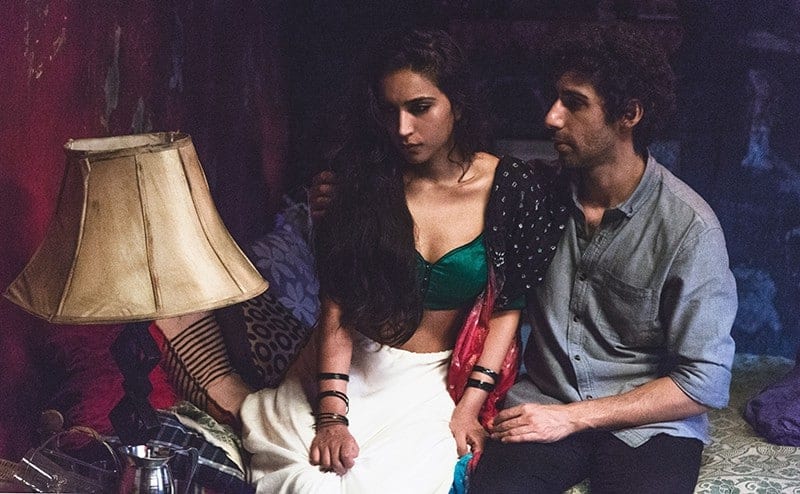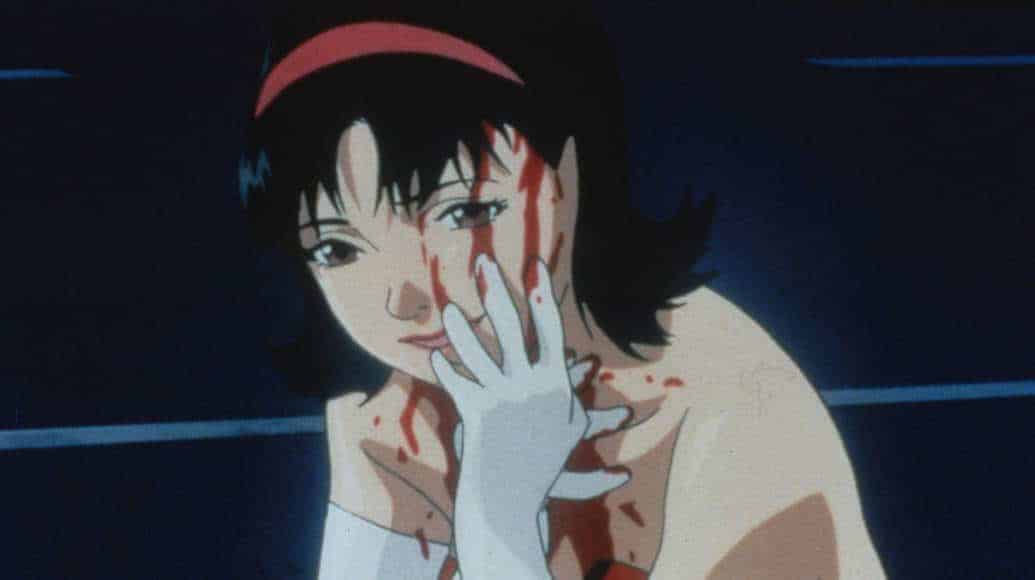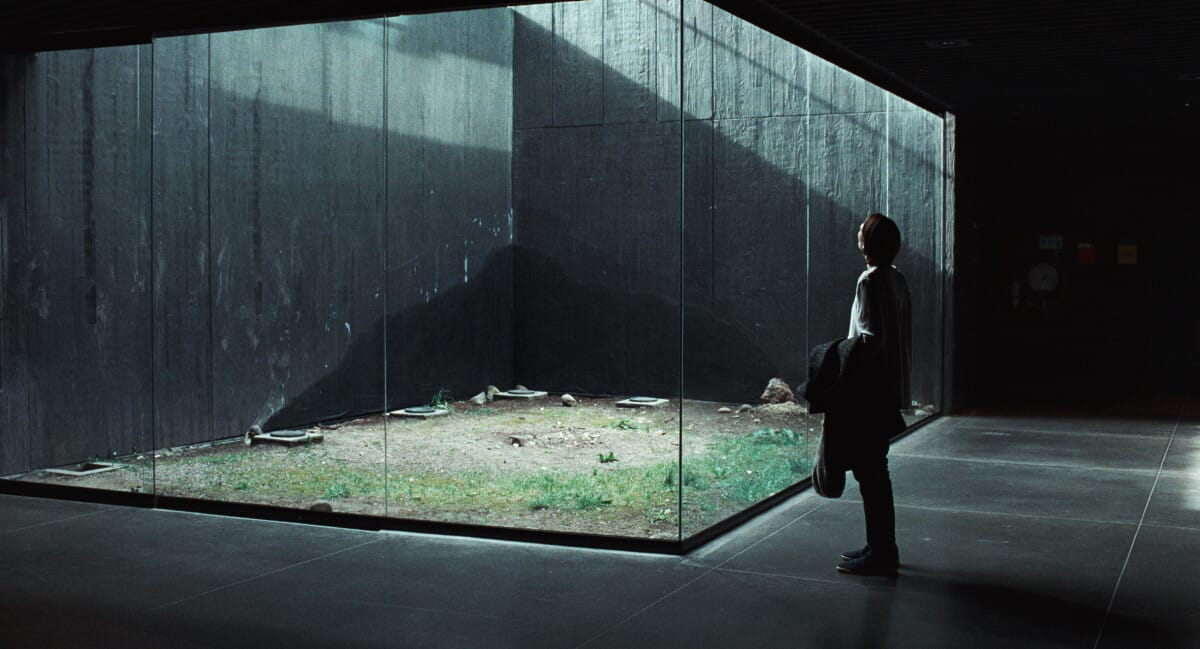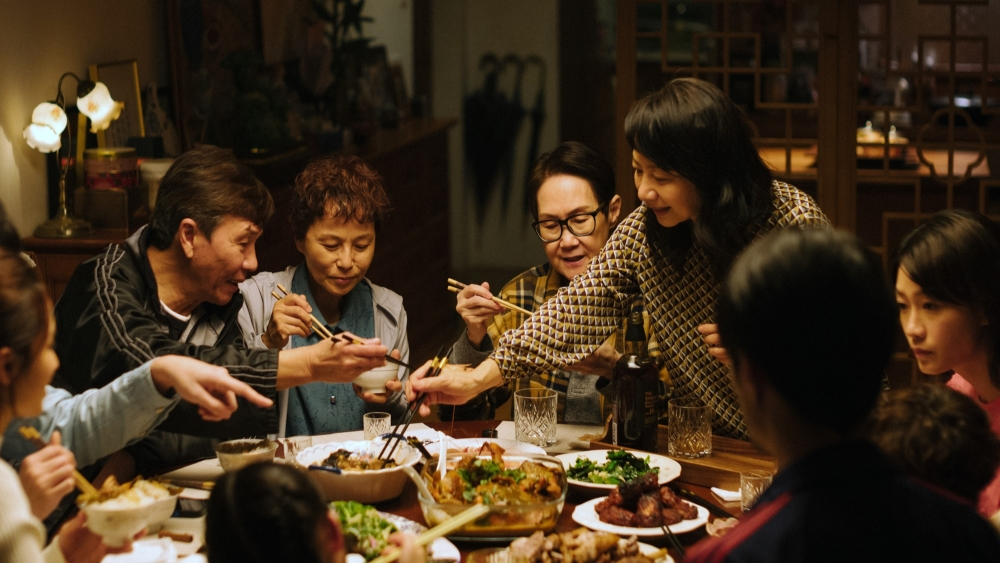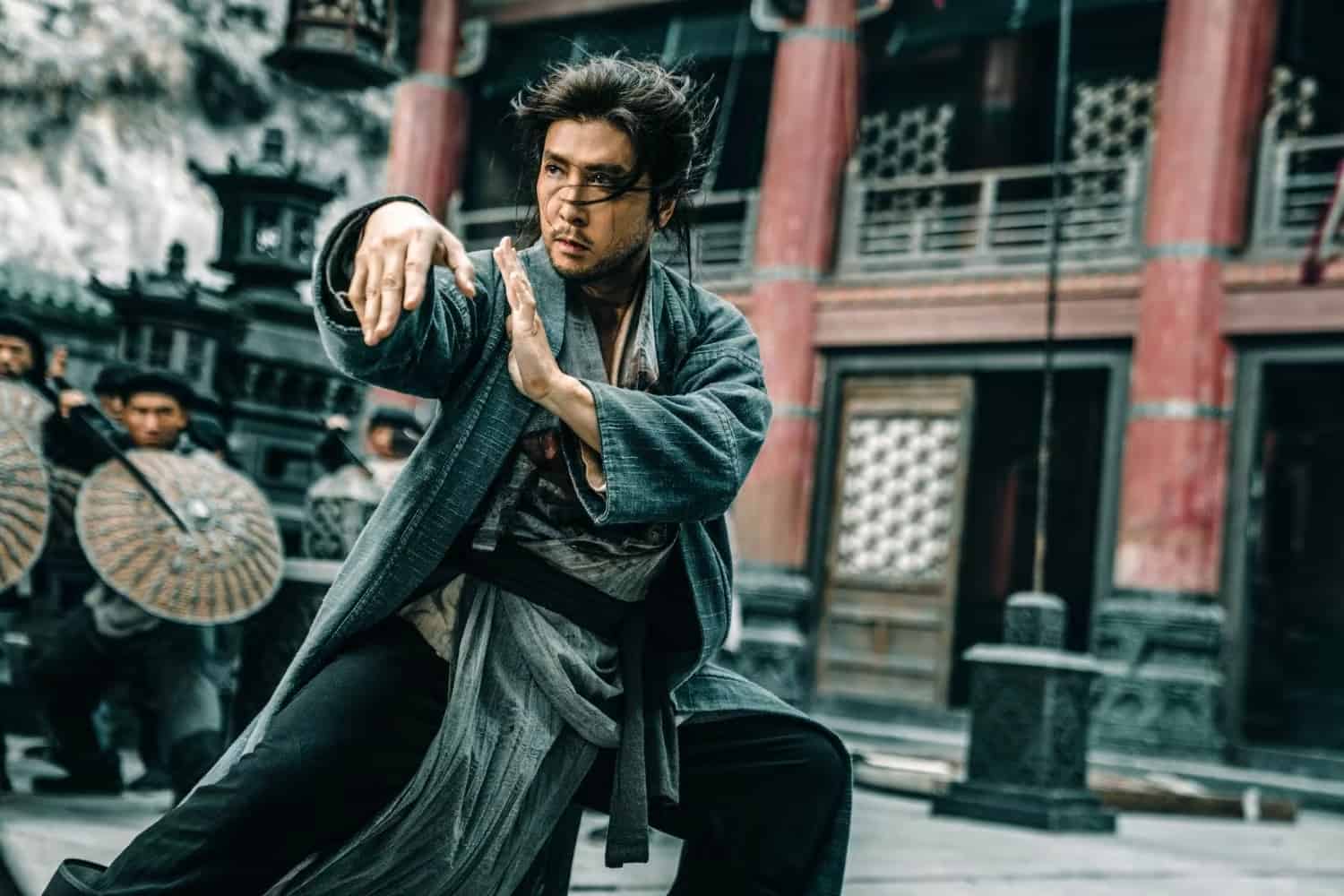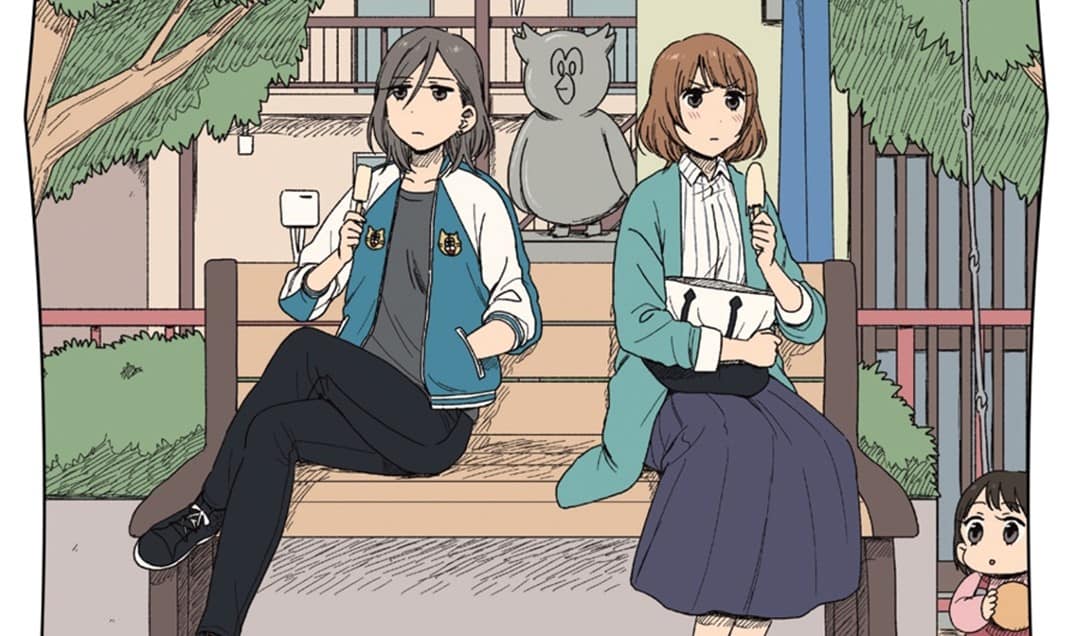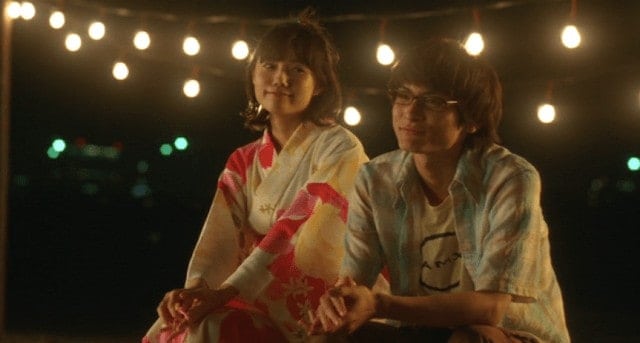Life is sometimes a quest for eternity. The thirst for this quest can be for freedom from this materialistic world or could be for the unending love trapped in the middle of the din and bustle of the civilization. Soul wants to escape from this mortal body for the ultimate freedom. And this freedom can be achieved through the path of pure love. The mind strives to reach the ocean of love through this quest for absolute freedom.Director Daria Gai has portrayed all these thoughts and emotions of human life in the movie “Teen Aur Aadha”.

“Teen Aur Adha” runas part of the 9th edition of the Bagri Foundation London Indian Film Festival
The movie spreads across a time frame of fifty years, depicting three phases of human life – child, youth and old, in the backdrop of a storyline that portrays the human soul's strive to fulfill its thirst for pure love, escaping from this materialistic confinement, relentlessly.
The movie depicts the story of a house spanning a time of 50 years. In the first, story the house is a school, in second a brothel, and a beautiful home for an old couple in the third. It portrays different phases of human life with a narrative which has never previously been told or touched.

The first story titled “Yamraj” (God of Death) is of a boy Raj (Arya Dav), who feels suffocated inside the four walls of school and his mind searches an escape route from this monotony. Raj stays with his grandfather (Anjum Rajabali) inside a room, who is ill and bedridden. He is tired with life and his quest is for the ultimate freedom- “moksha” – the death. The narrative portrays the different wishes of two characters for freedom from their individual confinement which are completely opposite to each other.
The second story “Natraj” (God of Dance), brings together two characters: Natraj (Jim Sarbh) and Sulekha (Zoya Hussain), inside the same room which has turned into a brothel now. Sulekha is a prostitute but in search of love in her every client. She tries to create the stream of love inside the mind of her every client with her dialogues and actions. She is in search of the eternal freedom of life which is defined by the purity of love. She loves dancing and her freedom lies inside the dance steps of eternity. Natraj is tired with his youth and in search of an escape route to travel back to the innocence of his childhood, when life was submerged in the purity of affection and love.

In the third story “Kamraj” (God of Love), the house has turned into a lovely home of an elderly couple (Suhasini Mulay and MK Raina), who are rediscovering love in their life by exploring each other's minds. This part is beautifully conceived with a narrative where both the protagonists define the meaning of love and affection to each other in their life by bringing the sea of love in thoughts, which is the escape route from this materialistic world.
Arya Dave is brilliant as Raj. He portrays the boredom of his characters with ease and artistry. Anjum Rajabali depicts the joyous mood of his character perfectly as he knows that he has almost reached his freedom or moksha, which is nothing but death.
Jim Sarbh has a difficult character to portray, as it has gone through many shades. He had to portray his shyness and hesitancy in the brothel on one side and also had to be reactive to the ever changing character of Zoya Hussain, who is outstanding as Sulekha. She portrays every emotion of her character with subtle details and maturity and brings in the aura of freshness inside the confinement of the brothel, which is exactly what is needed for the narrative.
Suhasini Mulay and MK Raina both have a lighter role to play, but portray their individual characters superlatively. Both have created the environment to evolve the feeling of love in their conjugal life, again with ease and perfection.
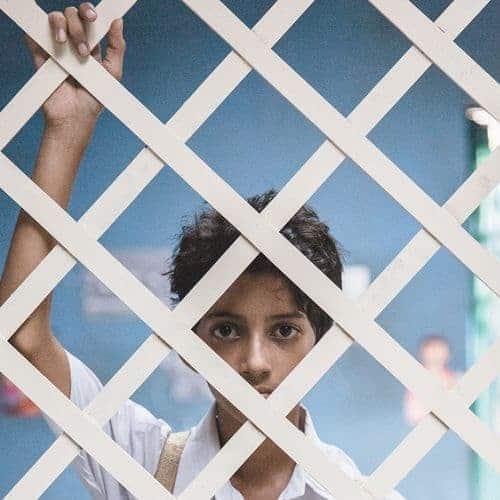
The movie has some beautifully crafted musical scores and snippets that adhere to the narrative, and Vivienne Mort and Kahaan Shah did a splendid work in that aspect. The film begins with an Ukrainian song that depicts the story of a bird that is flying and trying to reach the ultimate destination. It defines the eternal quest of human to discover the freedom of life. The movie ends with a musical score that is full of joyous notes, portraying the emotions of love and freedom waiting outside the confinement of four walls of house.
The movie has been shot in three and a half long takes, without any cuts and the cinematography of Aakash Raj is aesthetic and beautifully poised. He has the difficult task of capturing the motion without any cuts, keeping the aura of the narrative intact and convincing and he succeeds to the fullest.
The main protagonist of the movie are the four walls of the home and its brilliantly conceived by the director Daria Gai. “Teen Aur Aadha” functions as a stage play and for the most part, all actors, including the director, are exposed to the world of theatre. The team had to go through many rounds of rehearsal before the final take and the theatrical background of the protagonists has helped to bring out the essence of the narrative perfectly. The flow of the narrative has been aesthetically crafted with the underlying thoughts of eternal philosophy of life and it is outstandingly handled by Daria Gai.
The director defines the reality of construction and deconstruction in the circle of human life in the last or the “aadha” story, where the house has been shown to be going through a renovation process and making room for a new beginning. Kudos to Daria Gai and the entire team of “Teen Aur Aadha” for crafting such a masterpiece packed with aesthetically poised, thought-provoking philosophical notes.


